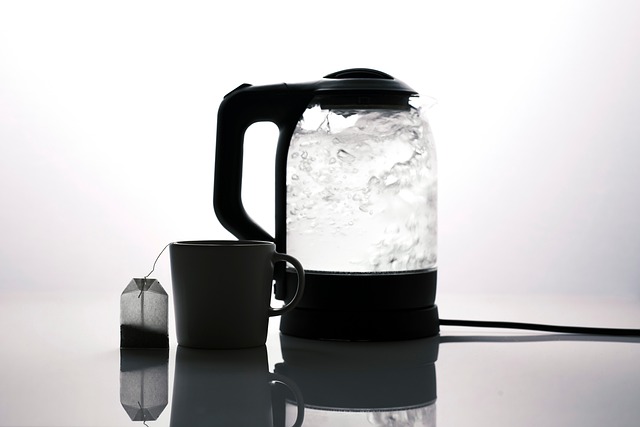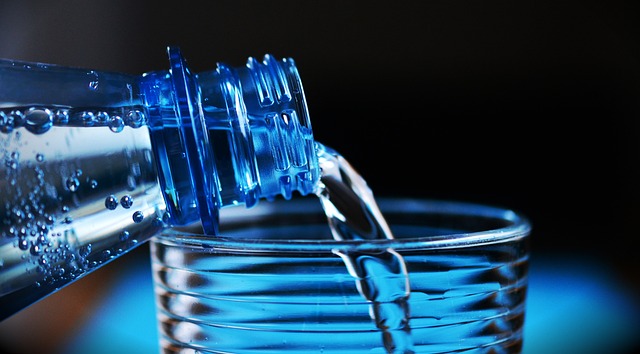Regular water heater maintenance is essential for preventing costly repairs, enhancing energy efficiency, and ensuring a reliable hot water supply. Annual inspections, leak checks, corrosion prevention, and proper cleaning techniques extend the lifespan of your water heater. Optimizing temperature settings and promptly addressing issues further save on utility bills and avoid hazardous situations.
Water heaters are often overlooked until they start leaking or lose heating power, leading to costly repairs. Routine maintenance can significantly extend the lifespan of your water heater and prevent unexpected issues. This article guides you through understanding the basics of water heater maintenance, including regular checks, cleaning techniques, and preventive measures to keep your heater running smoothly without breaking the bank. Discover how simple routines can save you money and hassle in the long run.
- Understanding Water Heater Maintenance
- Regular Checks and Cleaning Techniques
- Preventive Measures to Avoid Expensive Repairs
Understanding Water Heater Maintenance

Water heater maintenance is a crucial aspect of household care that often goes overlooked. It involves a series of simple yet effective steps to ensure your water heater functions optimally and prolongs its lifespan, ultimately preventing costly repairs. Regular maintenance can help identify potential issues early on, allowing for timely solutions before they turn into major problems.
This process includes tasks such as checking for leaks, inspecting the tank for corrosion or sediment buildup, and ensuring proper temperature settings. By keeping a close eye on these factors, homeowners can prevent common water heater malfunctions like thermal leaks, pressure issues, and tank failures. Furthermore, regular maintenance can improve energy efficiency, leading to lower utility bills and a reduced environmental footprint.
Regular Checks and Cleaning Techniques

Regular checks and cleaning are vital components of water heater maintenance. It’s recommended to inspect your water heater at least once a year to ensure it’s functioning optimally and safely. During these inspections, look for any signs of corrosion, leaks, or unusual noises, as they could indicate potential issues. Additionally, keeping the area around the water heater clear of debris and ensuring proper ventilation can prevent hazardous situations.
Cleaning techniques vary depending on the type of water heater you have. Sediment buildup is a common problem, especially in hard water areas. Flushing the system regularly helps remove these sediments, improving efficiency and prolonging the life of your water heater. For tankless heaters, inspecting the heat exchanger and removing any mineral deposits or debris is crucial, while conventional tanks may require specific cleaning solutions to address scale buildup.
Preventive Measures to Avoid Expensive Repairs

Preventive measures are key when it comes to avoiding costly water heater repairs. Regular maintenance can significantly extend the lifespan of your water heater and prevent unexpected breakdowns. Start by checking the temperature settings; ensure they are set at the recommended levels to avoid excessive energy usage and potential damage.
Additionally, keep an eye on any signs of leaks or corrosion around the tank and connections. Addressing these issues promptly, through simple repairs or replacements, can save you from expensive and inconvenient surprises. Remember, routine water heater maintenance is a smart investment that ensures consistent hot water supply and avoids major repairs.
Regular water heater maintenance is a proactive approach that can save you from costly repairs. By understanding the key components of your water heater and implementing simple cleaning techniques, you can extend its lifespan. Preventive measures such as checking for leaks, insulating the tank, and scheduling professional servicing will ensure optimal performance and minimize unexpected breakdowns. Investing time in routine maintenance is a surefire way to keep your hot water system running smoothly without the expense of emergency repairs.
